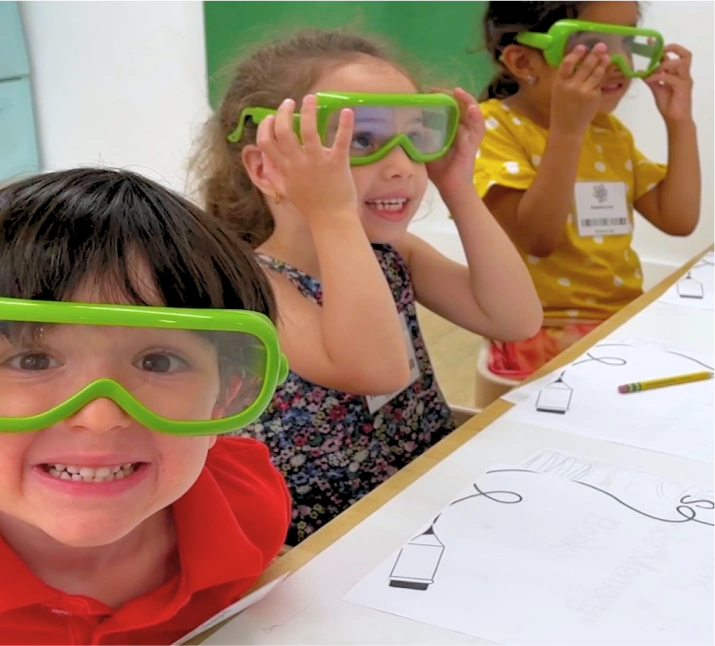The Research Behind Playgarden Online

Playgarden Online believes that early childhood education is key for a lifetime of learning and school success. We rely on the research by experts to constantly improve our programs, in the hopes of providing the best possible experience for whole-child development.


